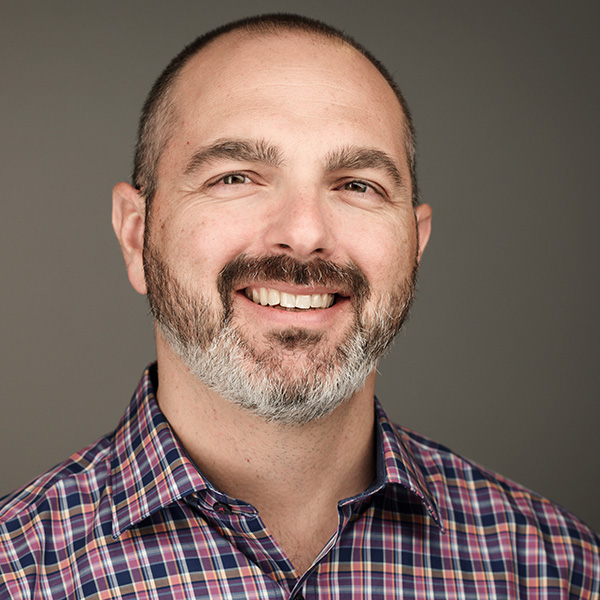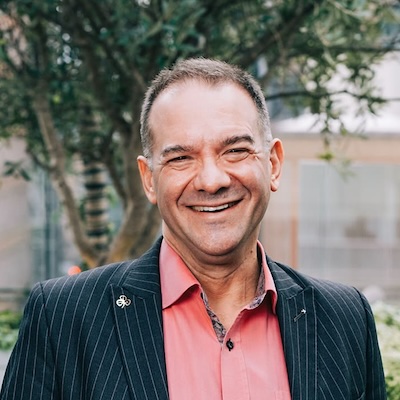The Politics of Ageism
Photo by Adi Goldstein on Unsplash
An unpleasant strand of prejudice has been injected into the 2024 Presidential contest. In case you’ve been sleeping under a rock, the news media have made much ado about the idea that President Joe Biden, at 80, is too old to be elected to a second four-year term.
That’s not a political opinion; that’s ageism.
It’s built on the widespread but utterly false belief that every person in their 80s is cognitively challenged, physically challenged, or both. At best, that’s a broad generalization – as broad as saying that everyone in their 20s is a self-absorbed narcissist. Both statements are ageist, because they castigate an entire generation as if every individual in their 20s or 80s, marched to the same drummer.
The Terror of Gerontocracy
Of course they do not. Yet you will find plenty of such blatant age-baiting in the press, including the idea that the number of senior leaders in Congress and the White House amounts to a “gerontocracy.”
Whether “concern” about Joe Biden’s age originated in the minds of voters or in the minds of pundits, it has been getting more than its share of ink. The New York Times has been a primary inciter. In June it published an opinion piece by political analyst Yuval Levin titled “Why Are We Still Governed by Baby Boomers and the Remarkably Old?” The piece was roundly attacked by gerontologists and anti-ageism warriors. Two weeks ago the paper featured a lengthy analysis titled “Inside the Complicated Reality of Being America’s Oldest President.” After praising Biden’s successes in handling important national matters, and quoting aides saying he is mentally sharp, the authors note that he looks older, walks stiffly, and mangles his words (that last, admittedly, nothing new). They cite polls showing that voters, even Democrats, think he’s too old. But perhaps most tellingly, to the authors: “Biden has not given an interview to the news department of the Times, unlike every president since at least Franklin D. Roosevelt other than Dwight D. Eisenhower.”
Meanwhile on cable news, a study published this week by Media Matters found that in the week after Biden announced he would seek a second term, CNN, Fox, and MSNBC talked about his age in negative terms 588 times, while mentioning the age of Donald Trump, only three years younger than Biden, 72 times.
Nikki Haley, the former governor South Carolina and a candidate for the Republican nomination, has gone a step farther by proposing that politicians older than 75 be given mental competency tests. Haley is 51. That proposal did not sit well with some older voters. But Haley doubled down a few weeks ago by stating, “Anybody that thinks a vote for Biden is truly a vote for Biden is mistaken. You’re voting for Kamala Harris.” (While I think Haley’s proposal is totally ageist, the idea of testing all political candidates for basic competency and an understanding of basic civics would have disqualified several current members of Congress.)
Fake News
It bears repeating that these opinions all have their basis in negative, and false, notions about Aging. The unspoken assumptions undergirding them are that that 1) any person of advanced years experiences cognitive decline and that 2) an 80-year-old man is virtually certain to be dead in six years.
The facts do not bear these out. Only 11.7% of older adults have cognitive impairment (compared to 10.8% of adults 45 to 65). The reality is that people are living longer than they once did, and a majority of them retain their mental capacities for years longer.
Just for the record: President Franklin Roosevelt died in office at age 63. President Warren G. Harding died in office at age 57. President Dwight Eisenhower suffered a major heart attack at age 64. Clearly, age has little to do with the life expectancy of presidents. On the other hand, Justice Ruth Bader Ginsburg remained sharp and incisive right up until her death at age 87. Mental acuity is not determined by age but by individual capacity.
Louise Aronson, a geriatrician and the author of Elderhood, sums it up this way: “Of course, age matters. With each decade, our chances of illness, new disability, and death increase….On the other hand, if we set work limits based on age alone, we risk premature loss of talent and opportunities – for individuals and society.” Tracey Gendron, chair of the Department of Gerontology at Virginia Commonweath University and author of Ageism Unmasked: Exploring Age Bias and How to End It, says, “There is no age at which someone is ‘too old’ to run for office or to do anything else.”
On the contrary, there is growing scientific evidence that age and experience provide a mental advantage, which some dare to call Wisdom. Steven Kotler, author of Gnar Country: Growing Old, Staying Rad, says that beginning in our 50s, our brains undergo fundamental shifts in how we process information. “In simple terms, our ego starts to quiet and our perspective starts to widen. Whole new levels of intelligence, creativity, empathy and wisdom open up.”
Ageism isn’t going away. In the 2019 National Poll on Healthy Aging, 93.4% of adults ages 50 to 80 said they had experienced ageism in some form. Ageism is everywhere. It’s not surprising that it permeates the opinion-making machinery of the political and journalistic sectors.
But as one who resents ageist assumptions and, moreover, does not resemble ageist remarks, I urge you to be alert to ageist tropes being used as political cudgels and built on erroneous “facts.”


























